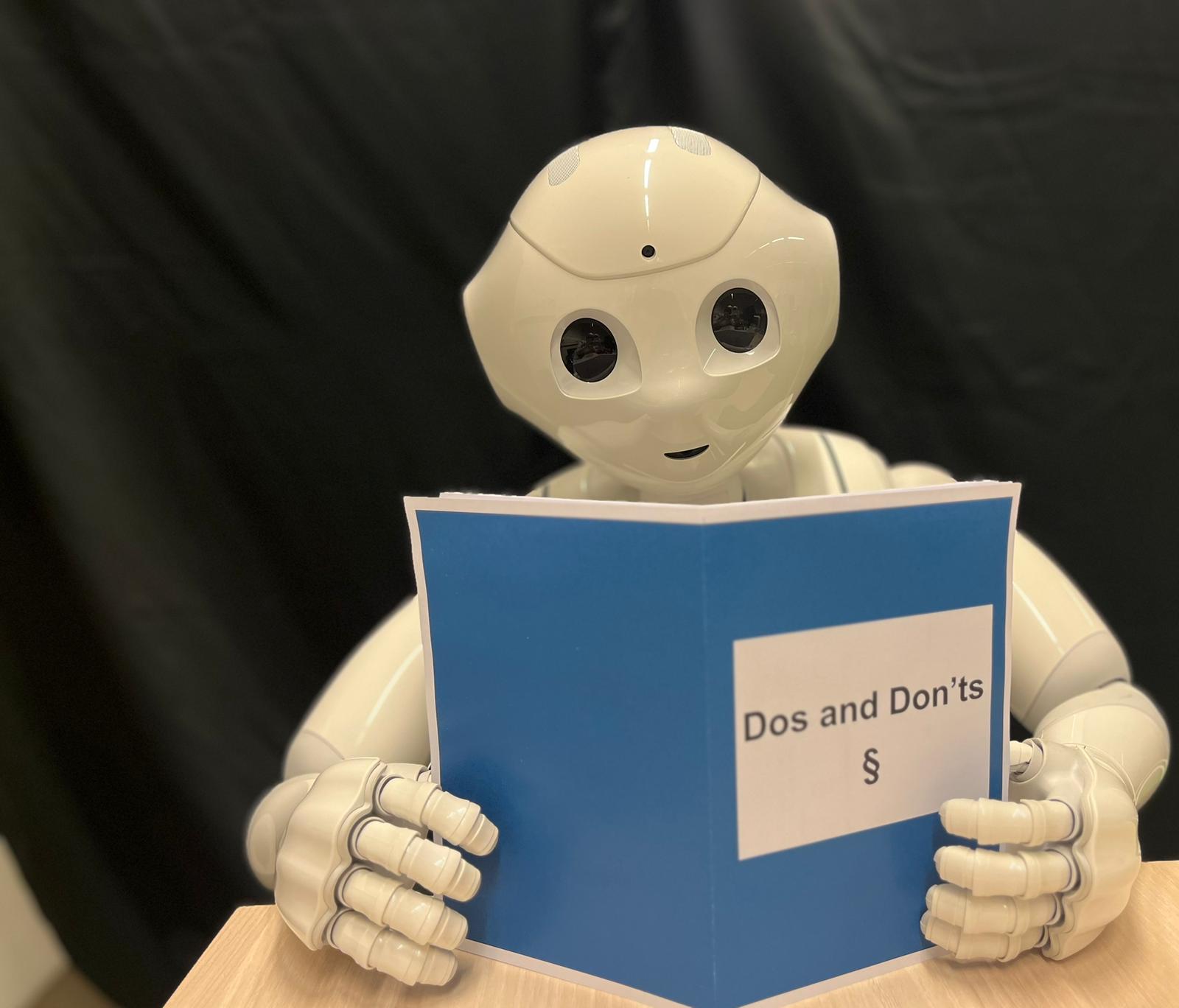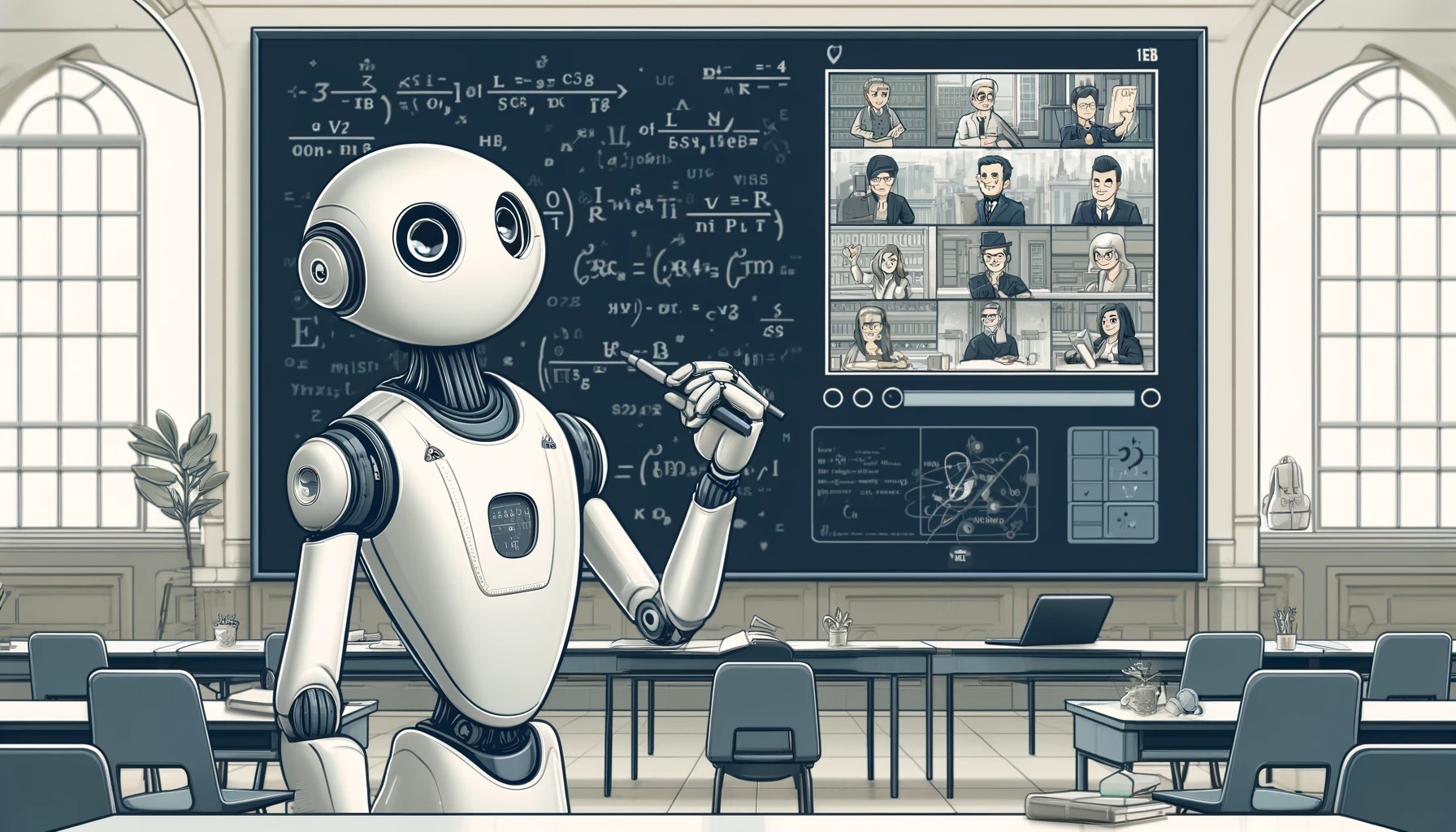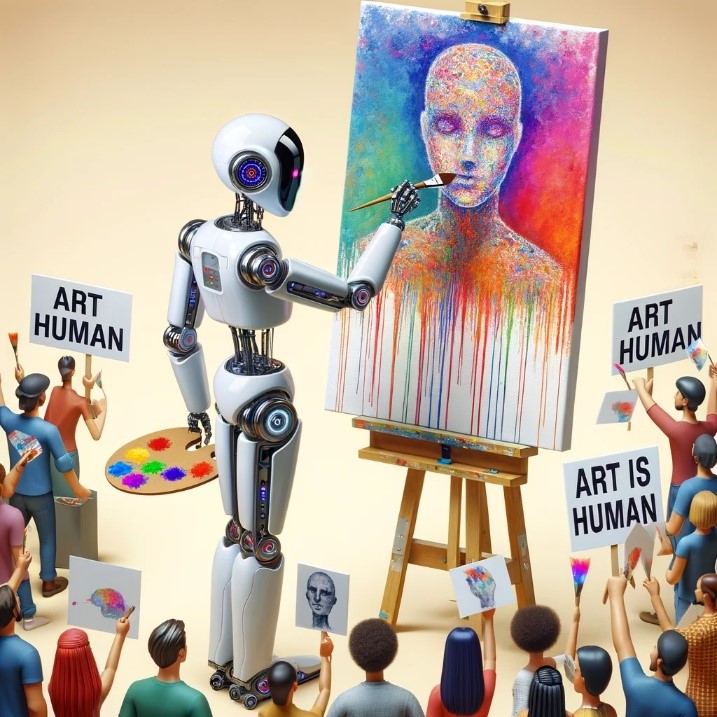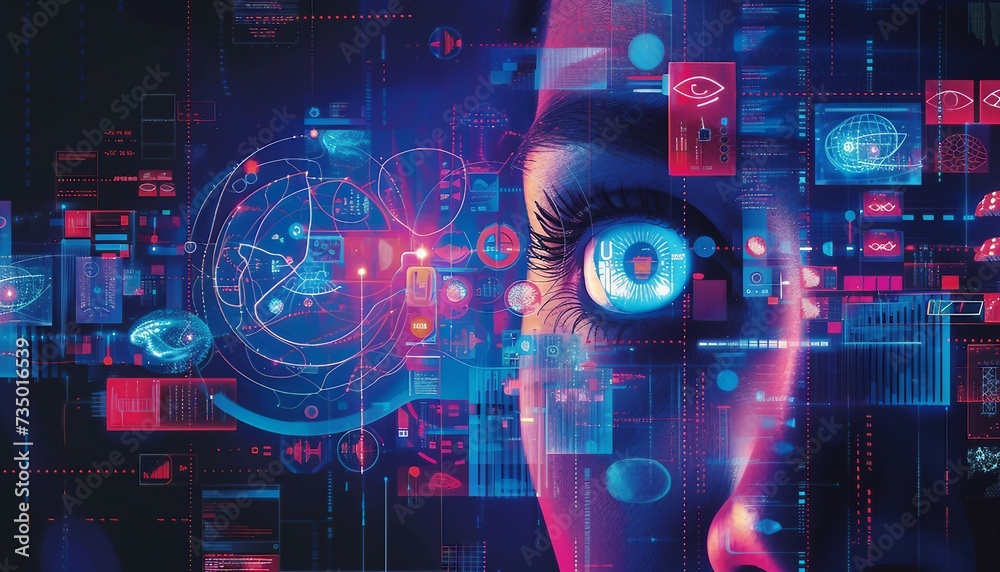The AI Research groups at Uni.lu
By developing new algorithms, refining machine learning models, and delving into the theoretical foundations of intelligent systems, these AI research groups aim to push the boundaries of core AI technologies.
-

Big Data, Data Science and Databases
Research on:
- Information Extraction & Knowledge-Base Construction
AIR - Distributed Dataflow Engine based on Asynchronous Iterative Routing
- Information Extraction & Knowledge-Base Construction
-

Blue Neural Networks (BlueNN)
Research on machine learning, with focus on artificial neural networks and deep learning:
- Static sparsity
- Dynamic sparsity
-

Computational Interaction (COIN)
Research on:
- Human-computer interaction
- Machine learning
- Information retrieval
- Natural language processing
-

Computational Law and Machine Ethics (CLAIM)
Research on:
- Normative multi-agent systems
- Logics and formal argumentation for responsible and compliant AI
- Computational legal theory
- Computational normative reasoning for machine ethics
- Legal knowledge representation
- Subsymbolic methods & legal reasoning
- Legal NLP
-

Individual and Collective Reasoning (ICR)
Research on:
- Deontic logic and Normative multi-agent systems
- Formal argumentation and defeasible inference
- Epistemology and cognitive dynamics for AI
- Explainable AI and social robotics
- Automated reasoning and sat solving
-

Knowledge Discovery and Mining (MINE)
Research on:
- Knowledge discovery
- Data mining
- Natural language processing
-

Parallel Computing and Optimisation (PCOG)
Research on:
- Novel exact approaches
- Evolutionary algorithms
- Swarm intelligence
- Implementation on massively multi-core systems (CPUs), accelerators (GPUs) and mobile systems (e.g., drones)
-

Modelling, Interdisciplinary Research, Data Science, Applied Mathematics and Statistics (MIDAS)
Research on:
- Statistical modelling
- Data science
- Development of innovative statistical and machine learning procedures
-

Computational Cognitive Science and Modelling
Research on:
- Developping models to reflect human perception and cognition in natural settings, along with improved evaluation methods.